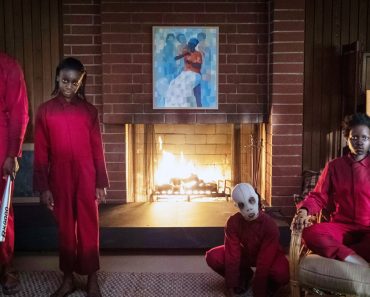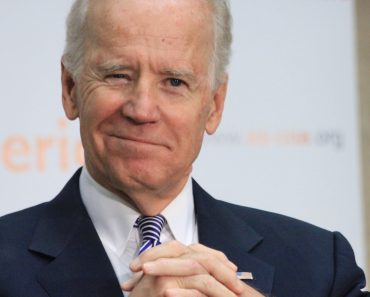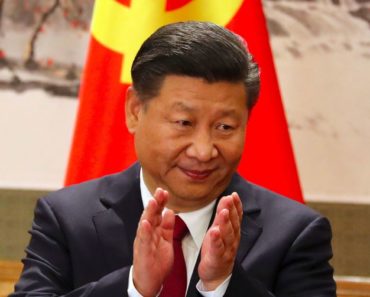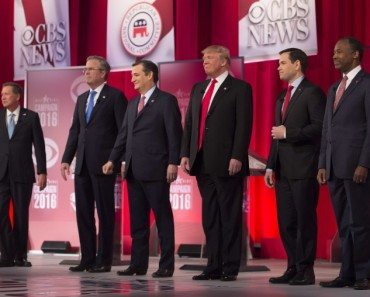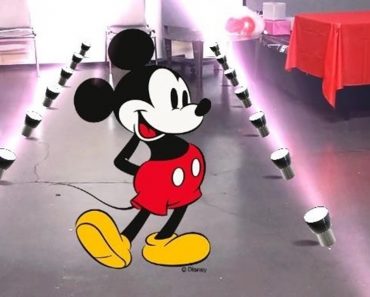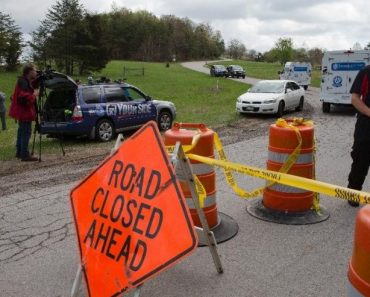
Via tumblr.com
The documentary Murder Rap: Inside the Murders of Biggie and Tupac claims Sean “Diddy” Combs paid a Crips gang member $1 million to get Tupac and his manager Suge Knight killed in a drive-by shooting in Las Vegas in 1996. This is not the first time that the hip-hop mogul was linked to the murder of the legendary rapper. Diddy had previously shrugged off the allegations, dismissing them as “pure fiction and completely ridiculous”.
The man behind the controversial documentary is Greg Kading, a retired LAPD detective who worked on this case for three years, from 2006 when the case was re-opened until 2009. He also published a book of the same name in 2011, and had strongly stood by his claim since then.
According to Greg Kading, Diddy paid Crips gang member Duane Keith “Keffe D” Davis $1 million to kill both Tupac and Suge Knight. Davis then allegedly passed the task to his nephew, Orlando “Baby Lane” Anderson, also a Crips gang member. The documentary says that on September 7, 1996, Anderson shot Tupac while the rapper was in a car being driven by Knight. Knight escaped the incident with just a bullet graze, but Tupac suffered shots in the pelvis, right thigh and hand, and chest, puncturing his right lung. He then died after six days due to internal bleeding.
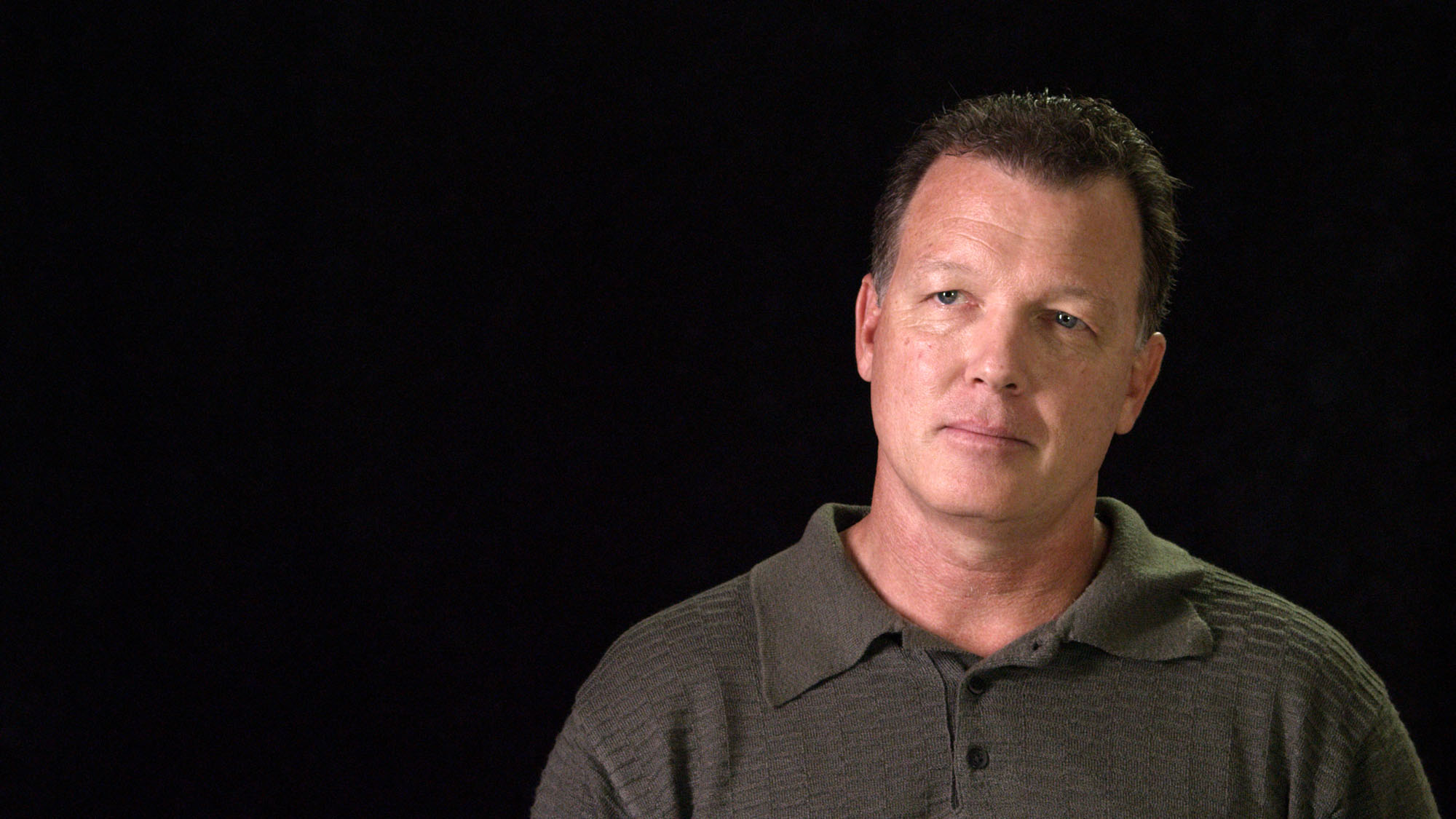
Via prlog.org
Kading claims that he was able to squeeze out the information from Davis himself to escape grave charges for a separate crime. He adds that Knight pulled a vendetta on Diddy’s party by paying Bloods gang member Wardell “Poochie” Fouse $13,000 to kill Biggie Smalls aka The Notorious B.I.G. Biggie Smalls, born Christopher George Wallace, was also shot to death 6 months after Tupac’s murder. It is commonly believed that Tupac and Biggie’s death were a product of the longstanding feud between East Coast and West Coast rappers.
The retired detective has great confidence in his evidence, but he believes that the case will never be re-opened again due to Diddy’s stature and influence. In his book, he leaves readers with a strong message, “Maybe this story would never hold up in court. But maybe it will hold up in the court of public opinion. You decide.”
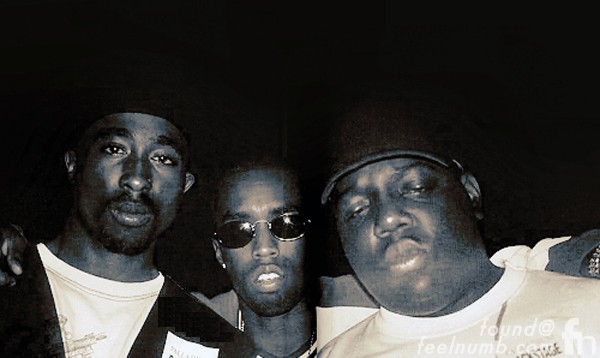
Via feelnumb.com
The documentary is currently available on iTunes and will be shown on Netflix in the spring.

